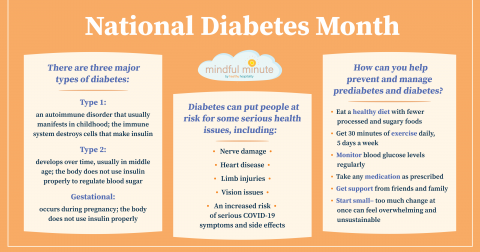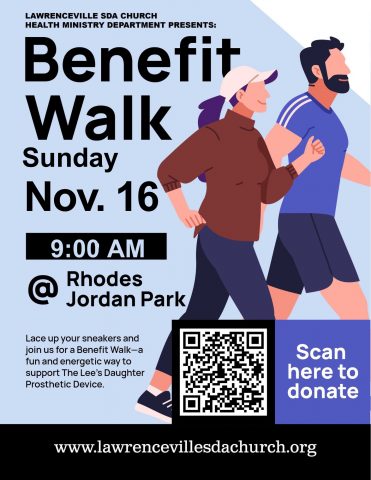Welcome to the Lawrenceville S.D.A. Church. We are happy that you came, and it is our prayer that you will receive a blessing as you worship with us today. Welcome.
Mission:
Serve our community,
Proclaim the Gospel to all generations, and
Grow in our relationship with God and each other.
We are a Christian community and would love to have you join our family. To learn more about what we believe you can visit our About Us page. Please join us for Bible study, Worship, and Prayer.
My Dear Brothers and Sisters,
Fear thou not; for I am with thee, be not dismayed, for I am thy God." (Isaiah 41:10)
During this time, let us continue to seek the Lord with all our hearts and share the good news with those we meet! Please see our updates below:
Announcements and Activities
Theme for Year 2025: GLUE-Gratitude, Love, Unity, & Evangelism

Hurricane Melissa Help to Jamaica

Youth Ministry Presents a "Soulful Christmas"

Health Ministry-Weekly Nugget

Donating to our Church

Bible Instructor Certification Manual
Food Distribution
Date: December 29th, 2025 @ 12:00pm. Volunteers Report @ 11:00am. Helping to Feed our Community and Striving to Make Positive Difference in Lawrenceville and Beyond.

Benefit Walk for Fundraiser-Postponed!!!

Helpful Tips

We are asking for Donations to our very own Church Building, or you can give a Special Offering increments of $1.27, $12.70, $127.00, $1,270.00 or more. Our church appreciates your gift as we strive to do God's will in the Community of Lawrenceville.
________________________________________________________________________________________________________________________
We are also having Prayer meeting via Zoom. Join us every Wednesday at 7:00pm-8:00pm Est.
https://Zoom.us/j/5527054917
Password: 4zNN4b
Bring along your prayer request. Let our family come in agreement, interceding on each other's behalf. A family who prays together stays together. God Richest Blessings.
Thank you,
Pastor: Lloyd Johnson
Lawrenceville SDA Church
